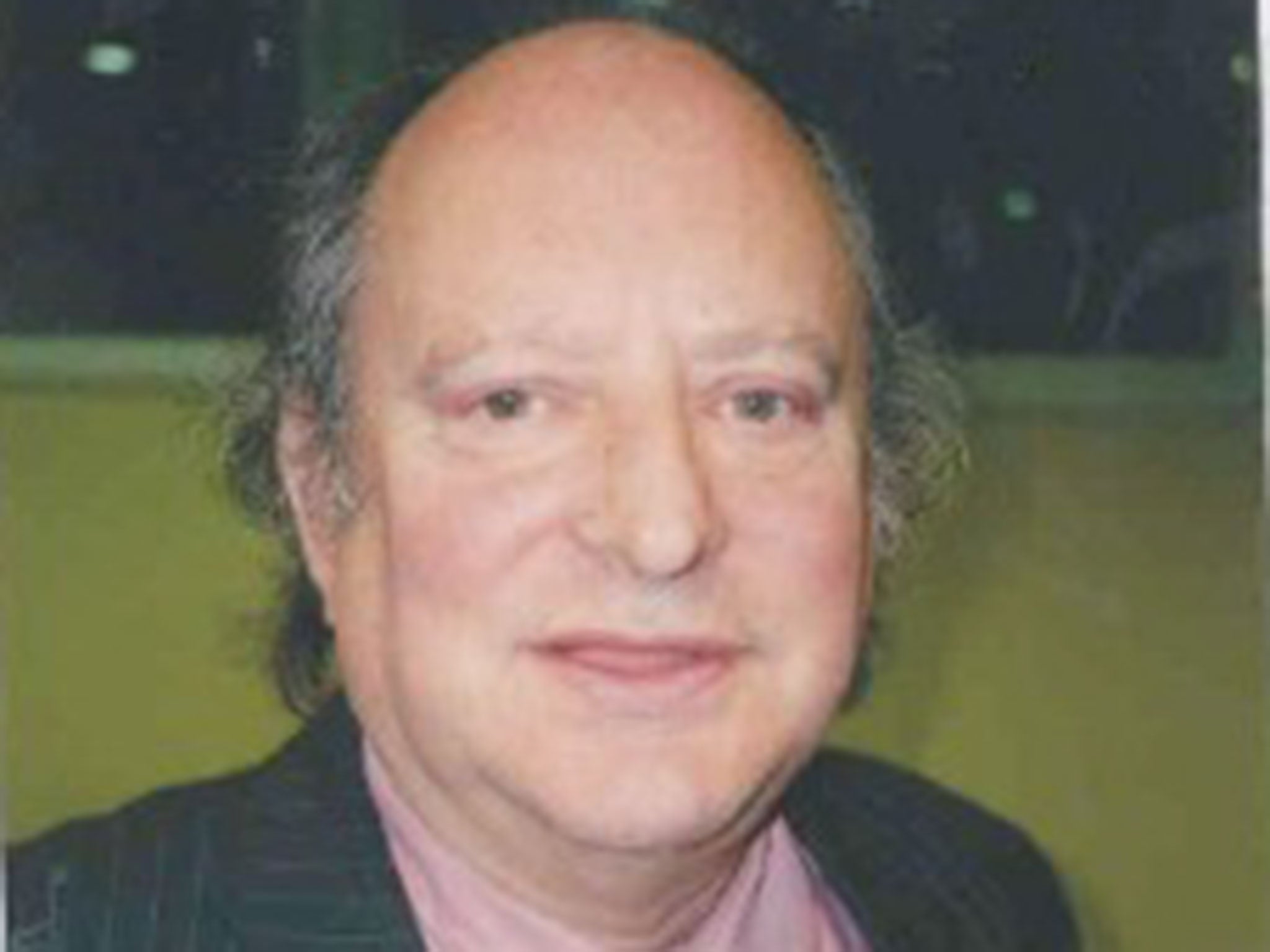Michael Wolfers: Times reporter and author who translated poetry and worked with the Marxist government in Angola
His copy from Biafra was 'an object lesson in how foreign reporting should be done,' wrote Frederick Forsyth

Your support helps us to tell the story
From reproductive rights to climate change to Big Tech, The Independent is on the ground when the story is developing. Whether it's investigating the financials of Elon Musk's pro-Trump PAC or producing our latest documentary, 'The A Word', which shines a light on the American women fighting for reproductive rights, we know how important it is to parse out the facts from the messaging.
At such a critical moment in US history, we need reporters on the ground. Your donation allows us to keep sending journalists to speak to both sides of the story.
The Independent is trusted by Americans across the entire political spectrum. And unlike many other quality news outlets, we choose not to lock Americans out of our reporting and analysis with paywalls. We believe quality journalism should be available to everyone, paid for by those who can afford it.
Your support makes all the difference.Michael Wolfers was a writer and political activist mainly in two former Portuguese colonies, Angola and Mozambique, after they became independent in 1975.
He was born into a Jewish family that originated in Westphalia. After graduating in the early 1960s from Wadham College, Oxford, where he was an outstanding scholar, he worked for provincial newspapers and was later appointed an Africa correspondent for The Times. He formed friendships with many African politicians, particularly in Angola and Mozambique. He was a close friend of Janet Mondlane, widow of the founder of Mozambique’s ruling party Frelimo, Eduardo Mondlane, who was assassinated in Dar es Salaam in 1969. In 1973 he left The Times to work as a consultant to the new Marxist government in the Angolan capital, Luanda.
Fluent in Portuguese and several other European languages, he co-wrote Angola in the Frontline (1983) with the late Jane Bergerol. Both were Marxists who went on to do specialist work in London for the Foreign Office.
Wolfers was well respected in British socialist/Leftist academic circles although his critics claimed that he was a propagandist for the Marxist MPLA in Angola run by Augustino Neto (whose poetry he translated).
In 1966 he formed a close friendship with the Marxist academic Thomas Hodgkin, and wrote his 2007 biography Thomas Hodgkin –-Wandering Scholar. Like Hodgkin, who he idolised, Wolfers was a public schoolboy who claimed to have embraced the cause of the poor and downtrodden in Africa. He was often extremely critical about writers on Africa who had, according to him, no understanding of the continent. He had a sharp sense of humour. One of the last times I saw him, at Chatham House in London, I asked him if he’d read any of the recent fat tomes on Africa. He smiled and said, “Read them? I can’t even lift them.”
On his coverage of the Nigerian civil war, Frederick Forsyth of The Day of the Jackal fame, wrote in The Making of an African Legend – The Biafra Story (1977) that The Times was the only newspaper that managed to keep up consistently high reporting standards. “One of The Times reporters,” he wrote, “showed up by contrast the inability of some of his colleagues to file dispatches out of Lagos without becoming the mouthpiece of any Nigerian or British High Commission spokesman with something crass to say. Confining his reports to factual information about what was happening under his eyes in the Nigerian capital and eschewing speculative guesses as to what might be happening 400 miles way. Mr Wolfers turned in a file of copy during his sojourns in Lagos in 1969 that was in toto an object lesson on how foreign reporting should be done.”
He translated books about Africa and specialised in translating Angolan poetry. He was a busy election monitor and worked in African and East European countries for the EU, UN and the Carter Centre. He had a home in Waterloo but lived most of the year in West Africa – sometimes in Ghana, more recently in Togo. He came to London with a new translation of African poems and to attend the 75th birthday party of his friend Lord Bragg, who he had met when they were at Oxford together. He was one of 16 guests savouring the first course at the Garrick Club when he collapsed and died.
Michael Wolfers, writer and activist: born 28 September 1938; died London 15 October 2014.
Join our commenting forum
Join thought-provoking conversations, follow other Independent readers and see their replies
Comments